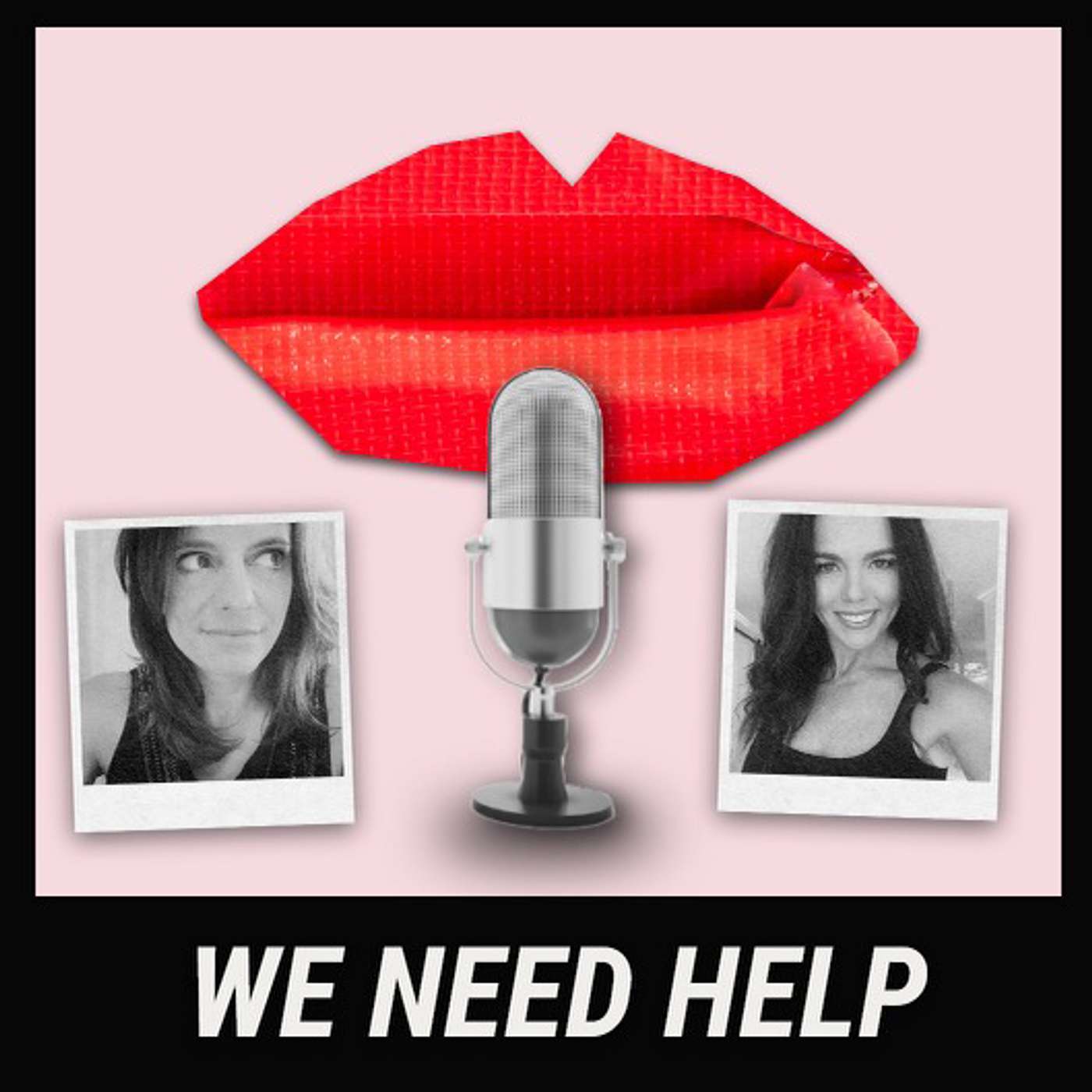We Need Help
WNH 155 We Need Help WIth UTIs
Dec 09, 2025
Lizzy and Izzy
In this episode of We Need Help, Lizzy and Izzy dive into one of the least glamorous but most universal topics ever: UTIs.
They share personal stories, childhood horror moments, why these infections happen, and what really goes on in the bladder, urethra, and kidneys. They break down the types of UTIs, symptoms, common mistakes people make, how antibiotics are often overused, and what actually helps prevent recurring infections.
Expect plenty of laughs, some seriously helpful education, a surprising analogy involving the clitoris and an eyeball, and a reminder to treat your body with the same care you treat your eyes. The girls also highlight the important research being done at the Magee Womens Research Institute and explain how listeners can support it.
It is equal parts comedy, storytelling, and real talk about vaginal health.
Take care of yourself, take care of your third eye, and enjoy the episode.
Support the show
 WNH 155 We Need Help WIth UTIs
24:34
WNH 155 We Need Help WIth UTIs
24:34
 Holiday Gift-Giving for People Who Need Help - Proudly Supporting Toys for Tots
35:35
Holiday Gift-Giving for People Who Need Help - Proudly Supporting Toys for Tots
35:35
 WNH 153 - We Need to Own It!
52:04
WNH 153 - We Need to Own It!
52:04
 WNH 152 We Need Help with Perimenopause
51:35
WNH 152 We Need Help with Perimenopause
51:35
 WNH 151 - We Need Anger
34:28
WNH 151 - We Need Anger
34:28
 WNH 150 - We Need to be Lazy
30:34
WNH 150 - We Need to be Lazy
30:34
 WNH 149 - We Need Vanity
31:07
WNH 149 - We Need Vanity
31:07
 WNH 148 We Need to Talk About The Mother Wound
34:04
WNH 148 We Need to Talk About The Mother Wound
34:04
 WNH 147 We Need to Talk About Domestic Violence
53:18
WNH 147 We Need to Talk About Domestic Violence
53:18
 WNH 146 We Need to Burn Bridges
29:16
WNH 146 We Need to Burn Bridges
29:16
 WNH - 145 We Need Coaching
28:27
WNH - 145 We Need Coaching
28:27
 WNH 144 We Need to Be Stuck Up
18:23
WNH 144 We Need to Be Stuck Up
18:23
 WNH 143 We Need to Stop Back Handed Compliments
32:51
WNH 143 We Need to Stop Back Handed Compliments
32:51
 WNH 142 - We Need to Revisit Narcissism
44:29
WNH 142 - We Need to Revisit Narcissism
44:29
 WNH 141 - We Need Stoicism
30:22
WNH 141 - We Need Stoicism
30:22
 WNH 140 - We Need To Be The Bad Guy
25:23
WNH 140 - We Need To Be The Bad Guy
25:23
 WNH 139 We Need Masculine and Feminine Energy
39:39
WNH 139 We Need Masculine and Feminine Energy
39:39
 WNH 138 - We Need Manners
54:23
WNH 138 - We Need Manners
54:23
 WNH 137 - Can Artificial Intelligence Make us Better People?
27:26
WNH 137 - Can Artificial Intelligence Make us Better People?
27:26
 WNH 136 - We Need to Get Together
21:04
WNH 136 - We Need to Get Together
21:04
 WNH 135 - We Need Gut Health
35:37
WNH 135 - We Need Gut Health
35:37
 WNH 134 - We Need our Favorite Beauty Products
30:00
WNH 134 - We Need our Favorite Beauty Products
30:00
 WNH 133 We Need Emotional Sobriety
51:07
WNH 133 We Need Emotional Sobriety
51:07
 WNH 132 - We Need to Let Them
21:46
WNH 132 - We Need to Let Them
21:46
 WNH 131 We Need to be Selfish
28:35
WNH 131 We Need to be Selfish
28:35
